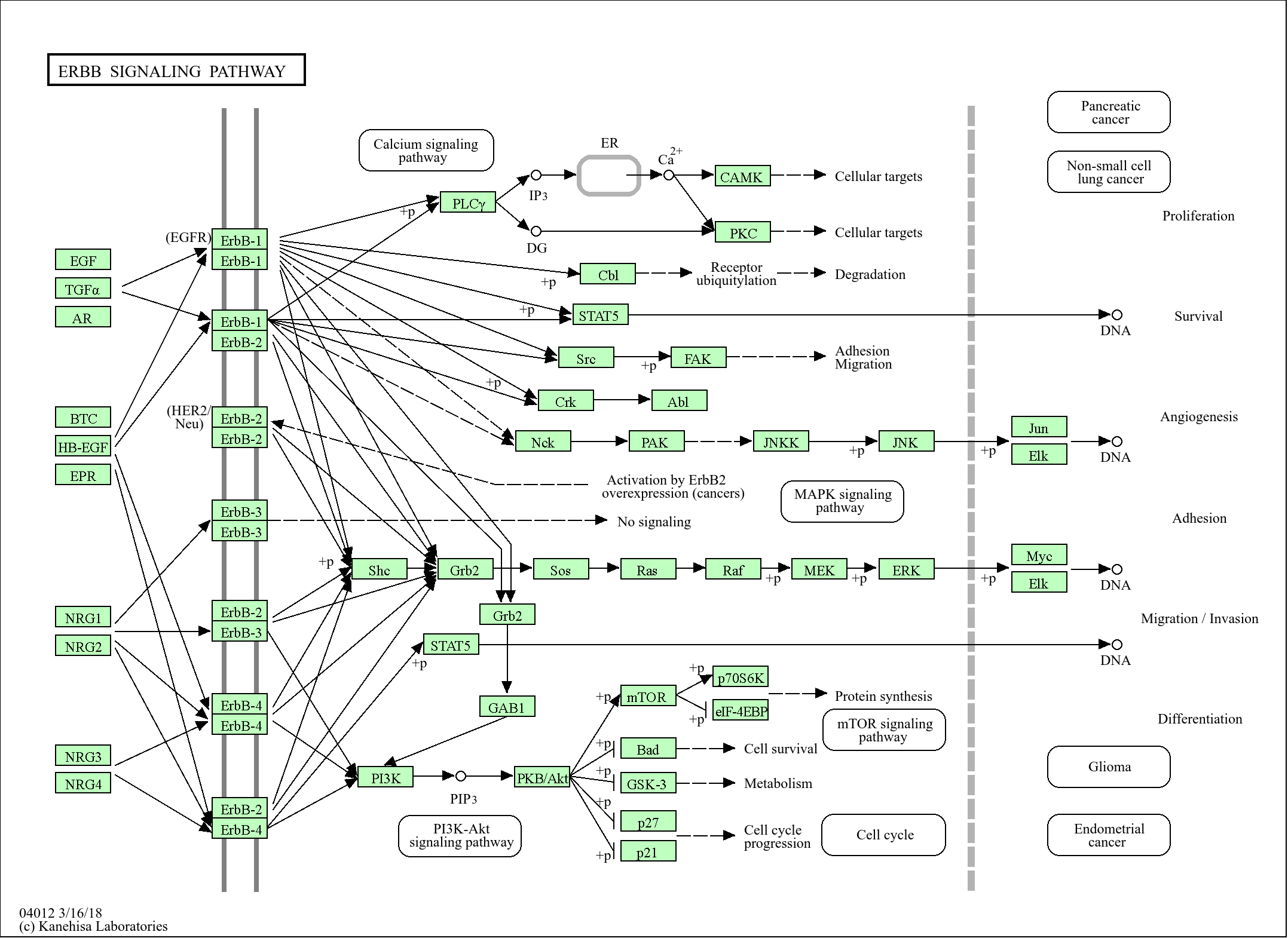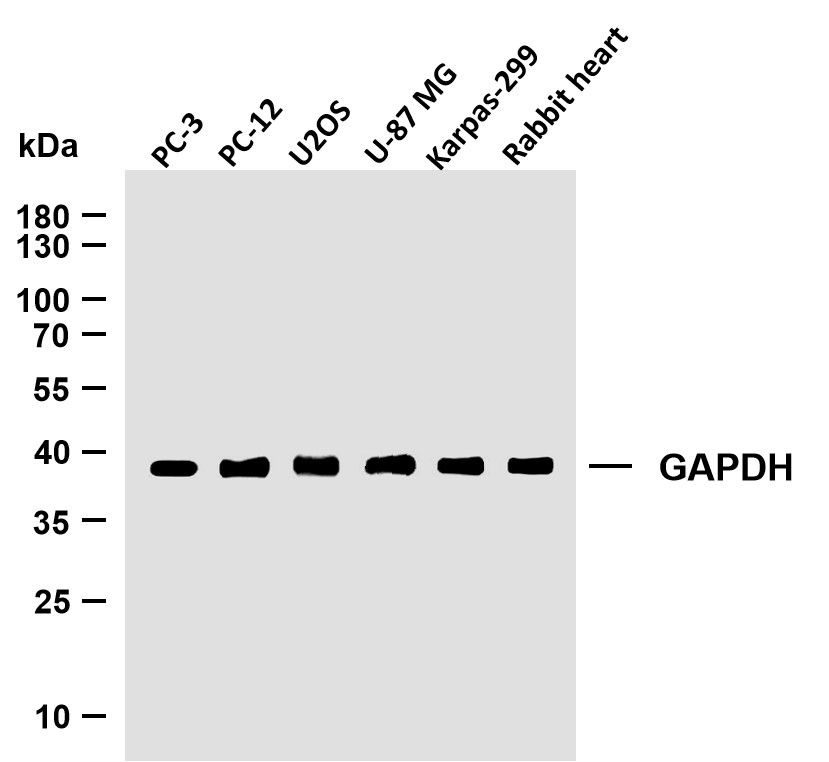
Catalog: YP0423
Size
Price
Status
Qty.
200μL
$600.00
In stock
0
100μL
$340.00
In stock
0
50μL
$190.00
In stock
0
Add to cart


Collected


Collect
Main Information
Target
MAK
Host Species
Rabbit
Reactivity
Human, Mouse, Rat
Applications
WB, ELISA
MW
85kD (Observed)
Conjugate/Modification
Phospho
Detailed Information
Recommended Dilution Ratio
WB 1:500-1:2000; ELISA 1:40000; Not yet tested in other applications.
Formulation
Liquid in PBS containing 50% glycerol, 0.5% BSA and 0.02% sodium azide.
Specificity
Phospho-MAK (Y159) Polyclonal Antibody detects endogenous levels of MAK protein only when phosphorylated at Y159.The name of modified sites may be influenced by many factors, such as species (the modified site was not originally found in human samples) and the change of protein sequence (the previous protein sequence is incomplete, and the protein sequence may be prolonged with the development of protein sequencing technology). When naming, we will use the "numbers" in historical reference to keep the sites consistent with the reports. The antibody binds to the following modification sequence (lowercase letters are modification sites):TDyVS
Purification
The antibody was affinity-purified from rabbit antiserum by affinity-chromatography using epitope-specific immunogen.
Storage
-15°C to -25°C/1 year(Do not lower than -25°C)
Concentration
1 mg/ml
MW(Observed)
85kD
Modification
Phospho
Clonality
Polyclonal
Isotype
IgG
Related Products
Antigen&Target Information
Immunogen:
The antiserum was produced against synthesized peptide derived from human MAK around the phosphorylation site of Tyr159. AA range:126-175
show all
Specificity:
Phospho-MAK (Y159) Polyclonal Antibody detects endogenous levels of MAK protein only when phosphorylated at Y159.The name of modified sites may be influenced by many factors, such as species (the modified site was not originally found in human samples) and the change of protein sequence (the previous protein sequence is incomplete, and the protein sequence may be prolonged with the development of protein sequencing technology). When naming, we will use the "numbers" in historical reference to keep the sites consistent with the reports. The antibody binds to the following modification sequence (lowercase letters are modification sites):TDyVS
show all
Gene Name:
MAK
show all
Protein Name:
Serine/threonine-protein kinase MAK
show all
Other Name:
MAK ;
Serine/threonine-protein kinase MAK ;
Male germ cell-associated kinase
Serine/threonine-protein kinase MAK ;
Male germ cell-associated kinase
show all
Database Link:
Background:
The product of this gene is a serine/threonine protein kinase related to kinases involved in cell cycle regulation. Studies of the mouse and rat homologs have localized the kinase to the chromosomes during meiosis in spermatogenesis, specifically to the synaptonemal complex that exists while homologous chromosomes are paired. Mutations in this gene have been associated with ciliary defects resulting in retinitis pigmentosa 62. Alternative splicing results in multiple transcript variants. [provided by RefSeq, Jan 2016],
show all
Function:
Catalytic activity:ATP + a protein = ADP + a phosphoprotein.,Function:Could play an important function in spermatogenesis.,similarity:Belongs to the protein kinase superfamily.,similarity:Belongs to the protein kinase superfamily. CMGC Ser/Thr protein kinase family. CDC2/CDKX subfamily.,similarity:Contains 1 protein kinase domain.,tissue specificity:Expressed mainly in testicular cells at and after meiosis.,
show all
Cellular Localization:
Nucleus. Cytoplasm, cytoskeleton, microtubule organizing center, centrosome. Cytoplasm, cytoskeleton, spindle. Midbody. Cell projection, cilium, photoreceptor outer segment . Photoreceptor inner segment. Localized in both the connecting cilia and the outer segment axonemes (By similarity). Localized uniformly in nuclei during interphase, to the mitotic spindle and centrosomes during metaphase and anaphase, and also to midbody at anaphase until telophase. .
show all
Tissue Expression:
Expressed in prostate cancer cell lines at generally higher levels than in normal prostate epithelial cell lines. Isoform 1 is expressed in kidney, testis, lung, trachea, and retina. Isoform 2 is retina-specific where it is expressed in rod and cone photoreceptors.
show all
Reference Citation({{totalcount}})
Catalog: YP0423
Size
Price
Status
Qty.
200μL
$600.00
In stock
0
100μL
$340.00
In stock
0
50μL
$190.00
In stock
0
Add to cart


Collected


Collect
Recently Viewed Products
Clear allPRODUCTS
CUSTOMIZED
ABOUT US
Toggle night Mode
{{pinfoXq.title || ''}}
Catalog: {{pinfoXq.catalog || ''}}
Filter:
All
{{item.name}}
{{pinfo.title}}
-{{pinfo.catalog}}
Main Information
Target
{{pinfo.target}}
Reactivity
{{pinfo.react}}
Applications
{{pinfo.applicat}}
Conjugate/Modification
{{pinfo.coupling}}/{{pinfo.modific}}
MW (kDa)
{{pinfo.mwcalc}}
Host Species
{{pinfo.hostspec}}
Isotype
{{pinfo.isotype}}
Product {{index}}/{{pcount}}
Prev
Next
{{pvTitle}}
Scroll wheel zooms the picture
{{pvDescr}}



















